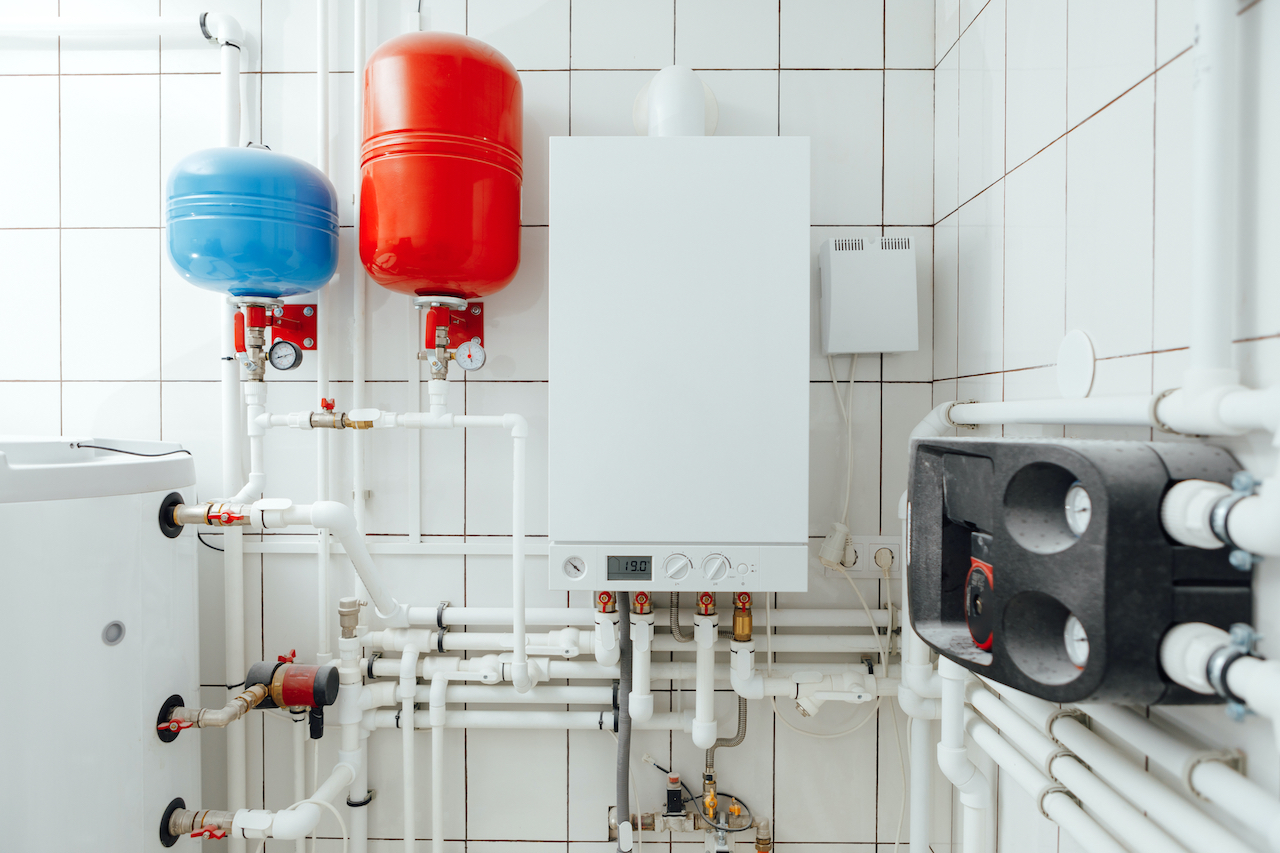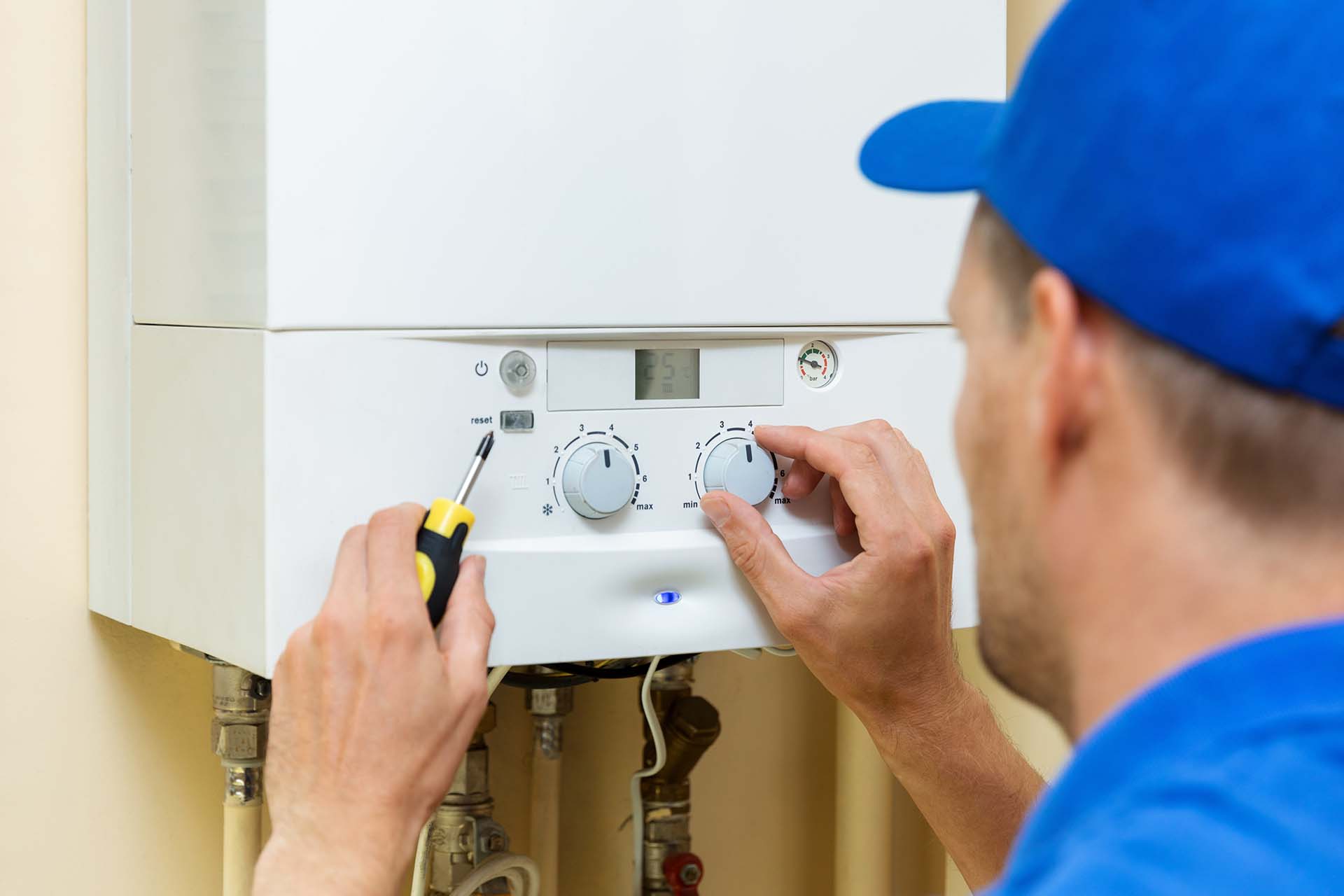Introduction
Have you noticed your boiler losing pressure? If so, you’re not alone. In fact, low boiler pressure is one of the most common issues UK homeowners face. As a result, it can leave you without reliable heating or hot water at the worst possible time. The good news, however, is that the problem is usually easy to identify and fix.
In this guide, we’ll explain what boiler pressure means, explore the most common causes of pressure loss, and outline simple fixes you can try yourself. In addition, we’ll also highlight when it’s the right time to call a Gas Safe registered engineer for professional support.

What Does Boiler Pressure Mean?
In simple terms, boiler pressure refers to the balance of water and air inside your heating system. You can measure this using the pressure gauge located on the front of most boilers.
Typically, the normal boiler pressure range is between 1 and 2 bars when the system is cold. If the pressure drops below 1 bar, the system will not work efficiently. On the other hand, if the pressure climbs above 3 bars, it can create safety risks.
Therefore, maintaining the correct boiler pressure is essential. It ensures your system runs smoothly, keeps your home warm, and prevents unnecessary wear and tear on components.
Signs Your Boiler Is Losing Pressure
So, how can you tell if your boiler is losing pressure? Look out for these tell-tale signs:
- Pressure gauge consistently reading below 1 bar
- Radiators not heating properly or taking longer than usual
- No hot water or unreliable heating performance
- Needing to repressurise the boiler repeatedly
- Error or fault codes appearing on the boiler display
If you notice one or more of these issues, your system is likely losing pressure.
Common Causes of Boiler Losing Pressure
There are several possible reasons your boiler pressure may keep dropping. Let’s explore the most common ones:
1. Leaks in the System
Firstly, leaks are the number one cause of low boiler pressure. These can occur in radiators, pipe joints, or valves. Even small, hidden leaks will gradually reduce pressure across the system.
2. Faulty Pressure Relief Valve (PRV)
Normally, the pressure relief valve is designed to release water if the boiler becomes over-pressurised. However, if it’s faulty or worn out, you may notice water discharging outside the property — a clear sign your PRV could need replacing.
3. Radiator Bleeding
When you bleed a radiator, air escapes from the system. As a result, the pressure inside the boiler drops. If you’ve recently bled your radiators, a pressure drop is perfectly normal — it simply means the boiler needs repressurising.
4. Expansion Vessel Failure
Meanwhile, the expansion vessel is responsible for managing pressure changes inside the system. If it fails (which is common in older boilers), the pressure may drop too quickly or fluctuate frequently.
5. Recent System Repairs or Maintenance
Finally, after system repairs, part replacements, or bleeding radiators, it’s common for the boiler to need repressurising.
Easy Fixes You Can Try
If your boiler pressure is low, here are a few simple steps you can take:
- Repressurise the boiler
- Locate the filling loop (usually a silver hose under the boiler).
- Open the valves slowly until the gauge reaches 1–1.5 bars.
- Close the valves securely.
- Check for visible leaks
- Inspect radiators, valves, and exposed pipework. Even small drips can cause ongoing pressure loss.
- Bleed radiators correctly
- After bleeding radiators, always repressurise the system to restore correct pressure levels.
- Reset the boiler
- Some boilers need resetting after repressurising to clear error codes.
⚠️ Important: If you’re unsure, or if you notice a leak inside the boiler casing, do not attempt repairs yourself. Instead, always call a Gas Safe registered engineer.
When to Call a Professional
Sometimes, low boiler pressure indicates a bigger problem. Therefore, you should call an engineer if:
- Your boiler pressure keeps dropping even after repressurising
- You notice leaks around the boiler or pipework
- Your boiler is over 10 years old and frequently losing pressure
- The pressure relief valve or expansion vessel seems faulty
Preventing Boiler Pressure Issues
To reduce the risk of boiler pressure problems in the future, follow these steps:
- Book an annual boiler service to catch issues early
- Check radiator valves regularly for leaks
- Keep an eye on the boiler pressure gauge
- Arrange inspections for older systems to ensure safe operation
By taking these proactive measures, you can extend your boiler’s lifespan and avoid unexpected breakdowns.
Conclusion
If your boiler is losing pressure, it’s usually due to leaks, radiator bleeding, or a faulty component. While many of these problems are simple to fix with a quick repressurisation, persistent pressure loss should always be checked by a professional.
If you’re based in Birmingham or the West Midlands and your boiler keeps losing pressure, contact Celmeng Group today on 0121 608 0460. Our experienced Gas Safe engineers provide fast, reliable boiler repairs to get your heating system back on track.
FAQs
Is it safe to use a boiler with low pressure?
No. A boiler with low pressure may not work efficiently and could eventually stop providing heating or hot water.
How often should I repressurise my boiler?
Only when needed. If you find yourself doing it regularly, there may be an underlying fault.
Will bleeding radiators reduce boiler pressure?
Yes. Bleeding radiators releases air and can lower pressure. Always check the gauge afterwards and repressurise if necessary.


